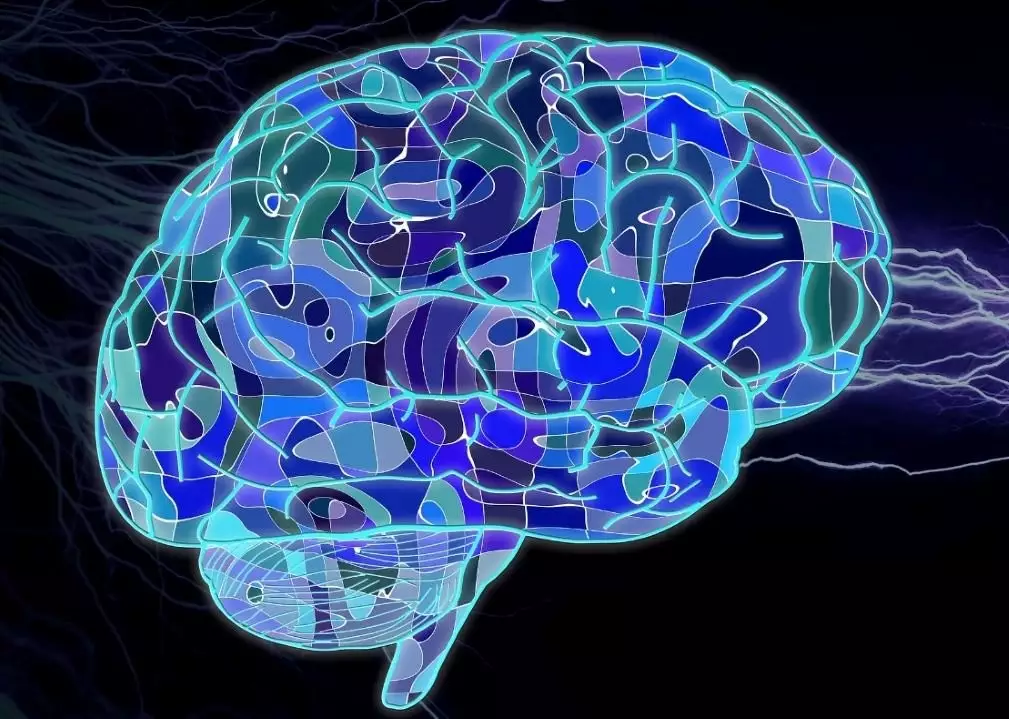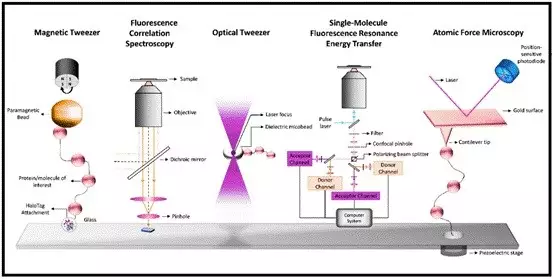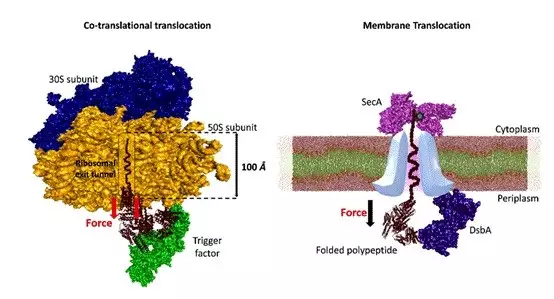A new way to study protein folding & associated Molecular Chaperones that save proteins from non-native interaction could help track the progression of diseases like cancer, Parkinson’s and Alzheimer’s.
About Molecular Chaperones:
- Molecular chaperones are crucial in helping proteins achieve and maintain their correct three-dimensional structure, which is essential for their proper function.
- They prevent improper interactions that could lead to protein misfolding.
- Misfolding can result in toxic aggregations, which are linked to diseases such as Alzheimer’s and Parkinson’s.
Functions of Molecular Chaperones:
- Assistance in Protein Folding: They are vital for the correct folding and maintenance of protein structures.
- Chaperones aid in the repair of proteins that begin to unfold or misfold.
- Protein Homeostasis: Essential for maintaining protein balance within the cell.
Advanced Research Techniques:
- Single-Molecule Techniques: Recent advancements have provided deeper insights into the dynamic processes of chaperone-assisted protein folding.
- Techniques such as single-molecule force spectroscopy reveal how chaperones like Hsp70 manipulate and stabilize proteins under various conditions.
Key Molecular Chaperones
- Hsp70 and Hsp90: Among the most studied molecular chaperones.
- Hsp70: Crucial for protein folding, stabilization, and transport.
- Hsp90: Known to activate and stabilize proteins, including hormone receptors and signalling kinases.
Ref: Source
| UPSC IAS Preparation Resources | |
| Current Affairs Analysis | Topperspedia |
| GS Shots | Simply Explained |
| Daily Flash Cards | Daily Quiz |
Frequently Asked Questions (FAQs)
What are molecular chaperones?
Molecular chaperones are proteins that assist other proteins in achieving and maintaining their correct three-dimensional structures, crucial for proper function.
What diseases are associated with protein misfolding?
Protein misfolding can lead to toxic aggregations linked to several neurodegenerative diseases, including Alzheimer’s and Parkinson’s.
What is protein homeostasis?
Protein homeostasis involves maintaining the balance and proper functioning of proteins within a cell, crucial for cellular health and function.
How does single-molecule force spectroscopy work?
This technique applies forces to individual molecules to observe their physical properties and interactions, offering insights into protein dynamics and stability.





